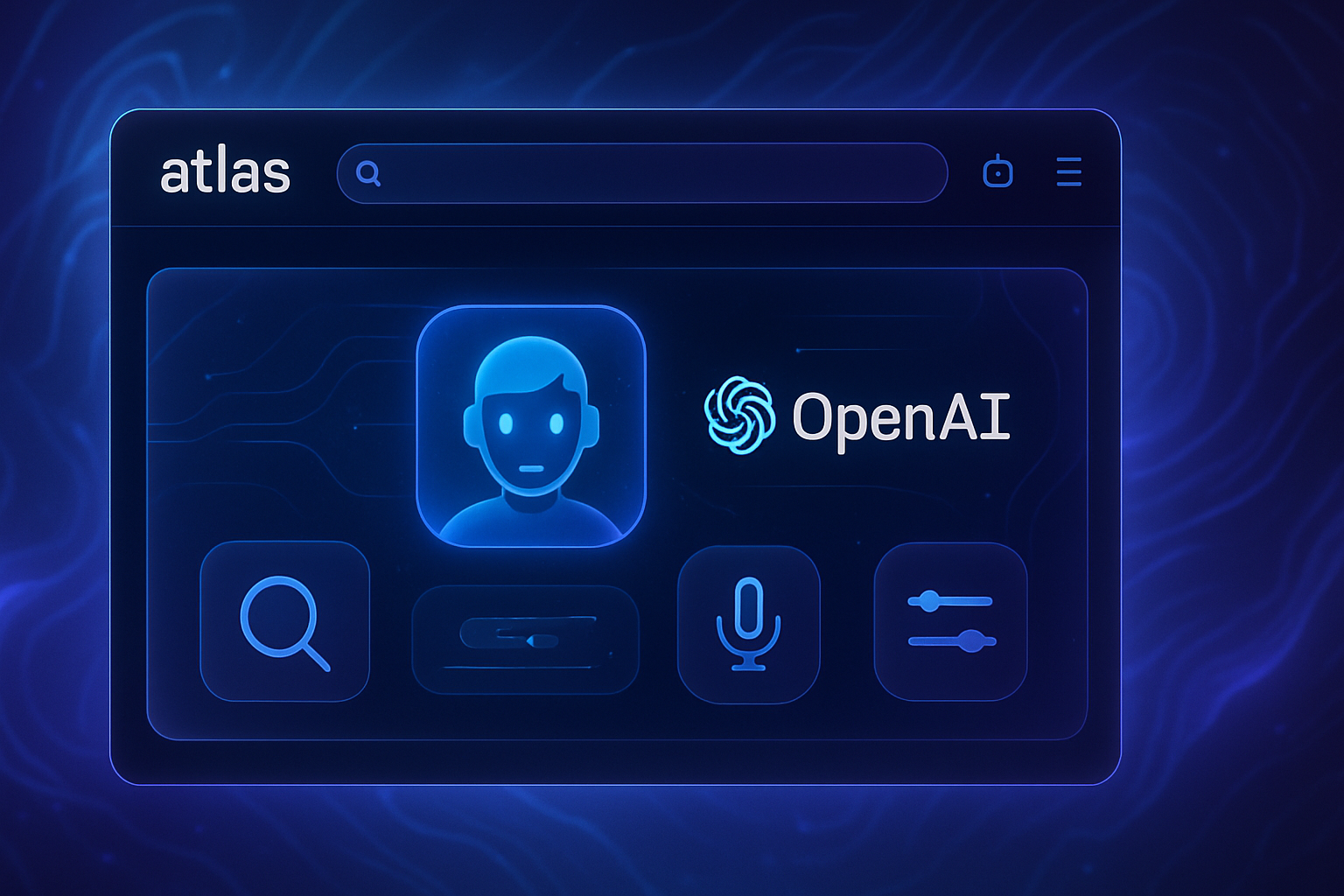The meteoric rise of artificial intelligence agents is propelling the sophistication of decision-making processes to unprecedented heights. Their ability to process vast amounts of data redefines operational standards but poses significant challenges. The protection of personal data becomes essential in this digital age where privacy is constantly tested. This phenomenon marks a profound shift, where technological innovation and ethics are inextricably intertwined. Organizations must skillfully navigate these titanic issues to establish genuine trust with their users while safeguarding sensitive information.
The growing dependence of organizations on agentic AI
Significant advancements in the technological sector are driving autonomous artificial intelligence solutions, known as agentic AI. These agents perform complex tasks without Human intervention, promising productivity gains in various fields such as the financial sector. By monitoring market trends and adjusting strategies in real-time, these systems are revolutionizing business operations.
The challenges related to data privacy
The rise of agentic AI is accompanied by growing concerns regarding privacy protection. Agents require identifiable personal data to function effectively, which alarmed consumers about how their information is managed. This distrust is particularly heightened in critical sectors, such as healthcare, where data is heavily exploited.
Securing sensitive data
Protecting consumer trust requires particular attention to the security of sensitive information. Personal data is vulnerable unless adequate measures are put in place. The use of secure and governed data platforms, implementing encryption and tokenization strategies, is essential to prevent misuse.
Data protection regulations
The emergence of agentic AI complicates compliance with increasingly strict data privacy regulations. National laws and data sovereignty regulations require a thorough and systemic approach. Organizations must navigate these complexities while ensuring that access to historical data complies with legal requirements.
Data governance and visibility
Effective data management relies on its reliability. To achieve this, complete visibility into the origin and journey of data is imperative. Implementing a granular governance approach, accompanied by a zero trust security model, is essential for managing access and controls over sensitive data.
Embedding privacy by design
Adopting Privacy by Design principles ensures the integration of data protection from the development phases. Users must be informed about the collection and use of their data. Maintaining transparent communication also strengthens consumer trust in companies utilizing AI agents.
Transparency in data processing
As AI agents incorporate consumer data-based decisions, increased transparency becomes indispensable. This priority compels organizations to mitigate risks to their reputation while promoting responsible practices. Consumers are increasingly sensitive to the ethics of companies regarding the use of their personal data.
Towards responsible adoption of agentic AI
The success of innovations in AI will depend on companies’ ability to balance technological advancement with privacy respect. The reliability of data, as well as effective governance, must be central to the strategy of any organization. This will not only protect consumers but also ensure a sustainable and responsible evolution of agentic AI.
Initiatives such as those described in resources like IBM and the CNIL highlight companies’ commitment to data protection, even in the context of rapid innovation. The implementation of effective solutions proves essential to meet consumer expectations.
Frequently asked questions
Why is data protection crucial with the increase of artificial intelligence agents?
Data protection is essential because artificial intelligence agents process significant amounts of personal data. Their ability to operate autonomously raises concerns about how this data is used, stored, and secured, making governance and privacy paramount.
What types of personal data are often processed by artificial intelligence agents?
Artificial intelligence agents can process sensitive data such as personally identifiable information, browsing histories, financial transactions, and health data, which heightens privacy risks.
How can companies ensure data security in the context of agentic AI?
Companies must invest in secure data platforms that integrate encryption and tokenization strategies while applying rigorous security policies and conducting regular audits to ensure data protection.
What regulations must organizations consider regarding data protection?
Organizations must comply with regulations such as the GDPR in Europe, the CCPA in California, as well as other national and regional data protection and sovereignty laws, which may change according to jurisdictions.
How does integrating “Privacy by Design” principles improve data protection?
Integrating “Privacy by Design” principles ensures that data privacy is considered from the design phase of products and services, allowing for better data management and increased respect for consumer rights.
What are the best practices to ensure transparency in the use of data by AI?
Best practices include clear communication about the types of data collected, explanations of their use, as well as easy access to information regarding consumer rights concerning their personal data.
What role does data governance play in the adoption of artificial intelligence agents?
Data governance ensures the reliability and compliance of the data used by artificial intelligence agents, thereby ensuring that these agents operate effectively while adhering to data protection standards.
How can consumers protect their personal data when using artificial intelligence agents?
Consumers can protect their data by being aware of the information they share, using privacy settings on platforms, and asking questions about data management from the companies they use.
What challenges must companies overcome to balance innovation and data protection?
Companies must navigate challenges such as compliance with regulations, managing consumer trust, and implementing secure technologies while continuing to innovate and improve their AI-based products.






